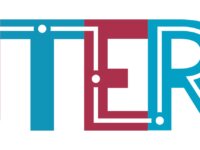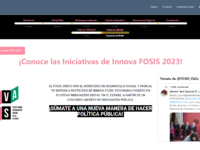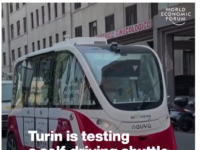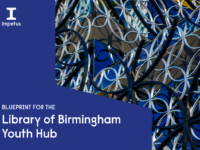The project was born from the need to redesign the Ministry of Education's (MI) decision-making processes. The ITeR application is an organizational and management tool built to suit this purpose. The beneficiaries of the innovation are the MI actors involved in the process, but also the citizens who benefit from the measures being issued more quickly. ITeR is innovative because it enables the cooperation of all actors, keeps track of all documents and greatly simplifies the decision-making…
Innovation Tag: Experimentation
Innova FOSIS created a new way of designing public policies that opened up public problems to solutions from civil society, the private sector, and academia. It allows a space within the state to test solutions on a small scale, through the implementation of learning pilots. It is an open innovation competition, followed by a pilot model for learning management and finally a mechanism for scaling up the best solutions to public policy.
The City of Ilion has developed a mini forest park within its urban complex. The goal of this pocket park, measuring 600 square meters, was to become, within a short period of time, a dynamic ecosystem that provides critical benefits to people and to urban wildlife. Its primary goal was to be an open nature-based school for the children of the Municipal Kindergarten – which is located next to the mini forest, as well as their caregivers and the neighbourhood inhabitants.
Case Study
Becoming Agile: a way to deliver high quality products and solve long standing reform challenges in…
To improve the Government's response to problems and delivery of products, the Office of the Prime Minister of Croatia introduced Agile methodology and Agile teams, which mimicked startups in using iterations and learning to inform their next move. All governments have policy challenges that seem too complex to be solved. These challenges span across several departments, have some areas where jurisdiction of departments is unclear, and any intervention would have serious impact on all citizens.
“Sperimentazione Italia” is a horizontal sandbox that allows companies, universities, research bodies, university startups and spin-offs from any sector (except excluded areas of application) to test pilot projects in the field of digitalisation and technological innovation, by derogating regulatory constraints. The main objective is to conduct live experiments in a controlled environment under the regulator’s supervision and collect data to promote future-proof regulations.
The UK government launched a new “youth hub” offer of employment services to young people affected by the disruption of the covid-19 pandemic. Through four days of workshops with key stakeholders, which included engaging young people, Impetus ran a theory of change process to enable one of the flagship hubs to co-design their new service to best serve young people. This is the first time that Impetus has applied its theory of change tools, and its impact focus to a government policy…
The UK Government Policy Profession has piloted a new model called Shared Policy Capability Project to support department leaders and policy makers undertake a facilitated self-assessment of their policy environment and identify opportunities for improvement. Through this the government aims to build capability at a department level and enable policymakers to take an active role in improving the environment in which they make policy.
Young Entrepreneurship Mentors is an education project to disseminate the culture of innovative and impact entrepreneurship. It aims to acheive this through agile methodologies that empower students from integrated High Schools in the Federal Network of Science and Technology Education to undertake sustainable solutions for their community through science, technology, and innovation.
The techDetector is the first technology radar giving an overview of emerging technologies that have the potential to influence the area of sustainable development in the future. It lists future technologies from all sectors of sustainable development and assesses their potential impact on sustainability and gender equality. The techDetector helps inform, sensitize and support foresight processes, enabling better decision-making by providing sound information on technological developments.
Seeding Drive to disperse millions of Samar seeds across stretches of land. To quickly and efficiently disperse the seeds, MOCCAE used drones with specialized seed-dispersing mechanisms. MOCCAE spread the seeds across seven locations- the total area covered during seeding was 21 sqkm. MOCCAE dispersed approximately 6 million and follow up the important areas with one million seeds, we got result of 12.19% growth rate with time and cost efficiency.







